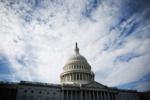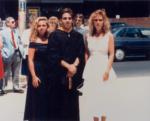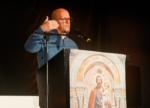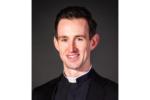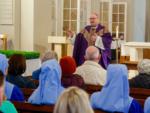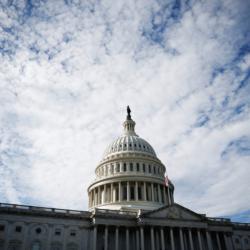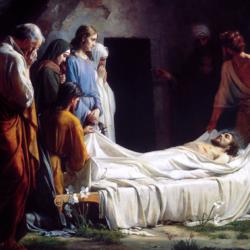Professor outlines porn's perils at Courage International conference
WASHINGTON (CNS) -- The U.S. bishops' 2015 statement on pornography was long overdue, said a Catholic University of America associate professor who had a hand in drafting the document.
"Frankly, I wish we had a document like this 20 years ago," said John Grabowski, director of the moral theology and ethics area of Catholic University's School of Theology and Religious Studies. The statement is titled "Create in Me a Clean Heart: A Pastoral Response to Pornography."
Grabowski made his remarks during a July 22 address at the annual conference of Courage International, held on the Catholic University campus.
Founded in 1980, Courage International aims to help Catholics with same-sex attraction in spiritual matters. It emphasizes chastity. It has more than 100 chapters worldwide. A partner organization, EnCourage, helps families and friends support those experience same-sex attractions.
In his talk, "The Perils of Pornography," Grabowski said, "Chastity integrates who we are as sexual beings. ... Our personalities, are reflected, refracted in our bodies."
While authentic sexuality "always represents the human body ... in its innate dignity," Grabowski said, pornography "strips away not only their (people's) clothing but also their dignity."
He added, "There's an increasing body of literature that suggests that pornography is addictive -- some say as addictive as heroin."
Pornography is "one of those raw wounds in our culture," according to Grabowski. The average age of first exposure to pornography, he said, has been lowered to 10 for boys and 11 to 12 for girls. Most stumble upon it accidentally, often while doing research for homework or looking at their smartphones. "Why they call them 'smartphones' I'll never know," Grabowski said.
He cited a Washington Post report that said 12 million teenagers view pornography on the Web on a regular basis. "And teenagers notoriously underreport" their actions, Grabowski added.
Porn "literally scandalizes those who come into contact with it," he said. "In order to get the same rush, the pornography has to become more and more overt, perhaps more violent."
"Create in Me a Clean Heart" offers "mercy, hope and healing in Christ," Grabowski said. Once one recognizes an addiction to pornography, it can be easier to seek reconciliation and freeing oneself from the compulsive behavior or addiction and get help. Building "new practices and habits" to replace viewing pornography, making "friendships in the body of Christ," "cultivating chastity and growing in the capacity to love" and seeking to help others are elements Grabowski identified to help someone rid themselves of a porn addiction.
"Freedom from pornography is possible!" the bishops wrote in their statement. "No one needs to fight this battle alone." The document says that "producing or using pornography is gravely wrong" and is a "mortal sin" if committed with deliberate consent and urges Catholics to turn away from it. It includes resources for Catholics to fight pornography use.
In response to one question after his talk, Grabowski said ubiquity of pornography -- "it's awash in the culture" -- has desensitized some people to it and made them feel hopeless in fighting it. He added some married couples look at pornography with an eye to somehow enhancing their marriage. "There no such thing as a small use or helpful use of pornography," he declared.
Grabowski, in describing the consequences of pornography, spoke about concupiscence, most frequently defined as an ardent desire, especially a sexual desire or lust. "Concupiscence is not sin, it is not sinful, but it is the effect of sin," Grabowski said. "It identifies those things rather than the maker of those things."



